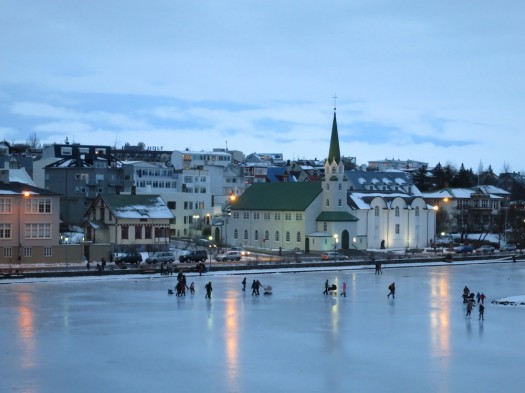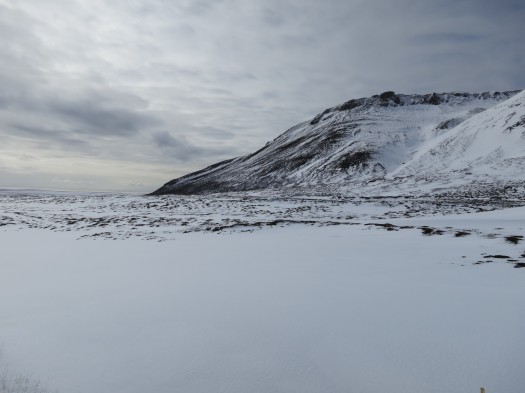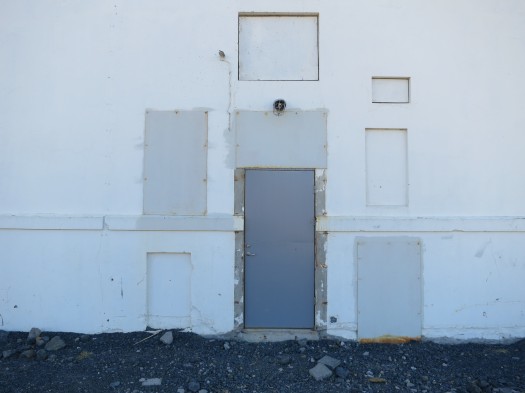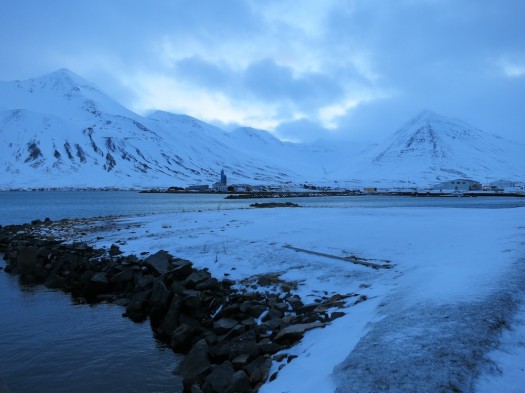
Why Iceland
I’ve just returned from my third trip to Iceland in a year. When this comes up in conversation, I am inevitably and understandably asked why—what takes me there?
It’s not business; yet vacation doesn’t seem the right word either. The question as to why Iceland would be most easily answered, I suppose, by photographs of its supernatural beauty. But let’s say you’re stuck next to me on a plane and we start talking. Here’s what I would tell you:
That it is clean; the streets and sidewalks and air and water are clean, unpolluted, unlittered by cigarette butts and trash and people’s spit and dog shit.
That it is small—only 300,000-some people on the whole island—but does not feel small. (Or, when it does, like a sexy dress or good suit, it is small in the right places.)
That Icelanders know their history and feel part of it.
That, as one Icelander explained to me, “fame has no value here.”
That one rarely sees Icelanders walking down the street or sitting in cafés or bars or cars staring into iPhones, oblivious to others and walled-off from human contact; indeed, this is the easiest way to spot an American in Iceland—eyes lowered, ears plugged, iPhone held to the face as if in anticipation of a kiss.
That there is virtually no violent crime in Iceland.
That Icelandic police do not carry guns.
That Iceland’s prime minister is a lesbian, legally married to another woman (same-sex marriage has been legal, with little fuss, for years). Her wife is respectfully called the First Lady.
That one’s family is of upmost importance—elderly or ailing parents or troubled older siblings are taken into one’s home—and yet definitions of family are not necessarily traditional; it isn’t uncommon for a man or woman in Iceland to have children from several different partners.
That there are swimming complexes in virtually every neighborhood. People of all ages, from babies to the elderly, come not only to swim but to socialize. In the hot tubs, neighbors and friends catch up and laugh after work as aches and pains melt away.
That Iceland’s chief form of energy and heat is geothermal.
That freeways outside cities are not cluttered with billboards and advertising. What you see when you drive is the mountains and the sea and land largely as it was before settlers arrived.
That Icelanders are proud of their language and yet also speak English with disarming style, choosing words carefully—for example, a photographer tells me that he prefers 35mm film cameras over digital because “film has more charisma.” Or, a woman says to me of her life, she is “always busy with the moment”—not busy because of her job and kids and spin class but “with the moment,” as if each moment is her partner.
Finally (and this list was just a start):
This is a little hard to describe, but that there is a soft, wordless gasp built into their language—haaa!—which often comes in response to something another person says (rather than “yeah?” or “okay” or “really?” or “uh-huh”). One may be at a table, gathered with family and friends for a meal, describing what one has seen or done or feels—say, for example, talking about why one loves Iceland—and all the while, from all around the table, you hear not words but these lovely, quiet, short intakes of breath: “haaa … haaa … haaa …”
It is as if the sound of wonder is central to being Icelandic. The sound of breath being taken away.




